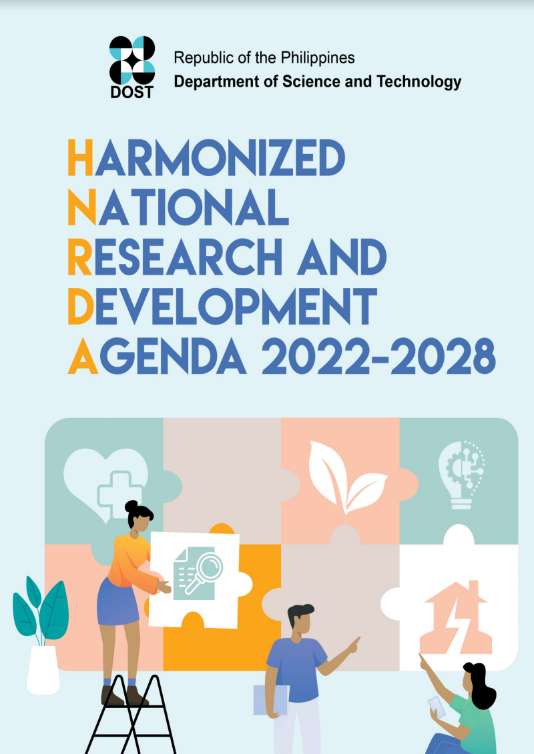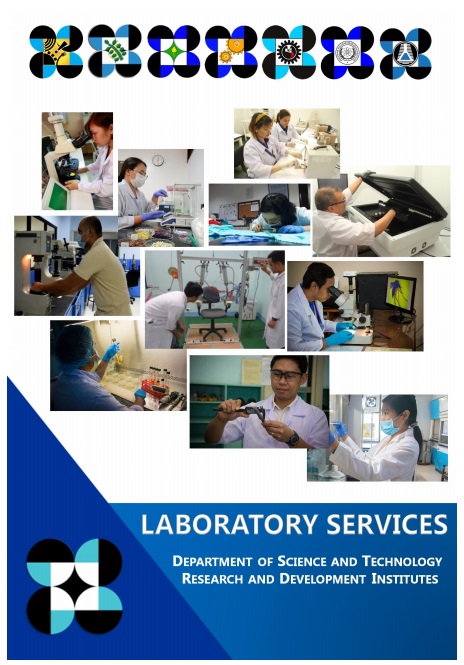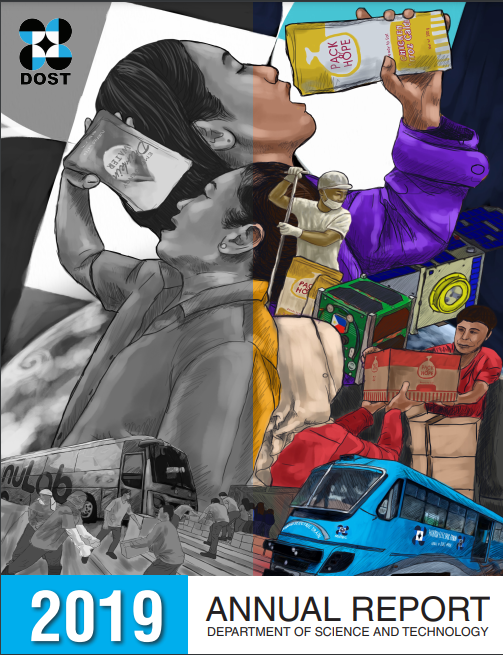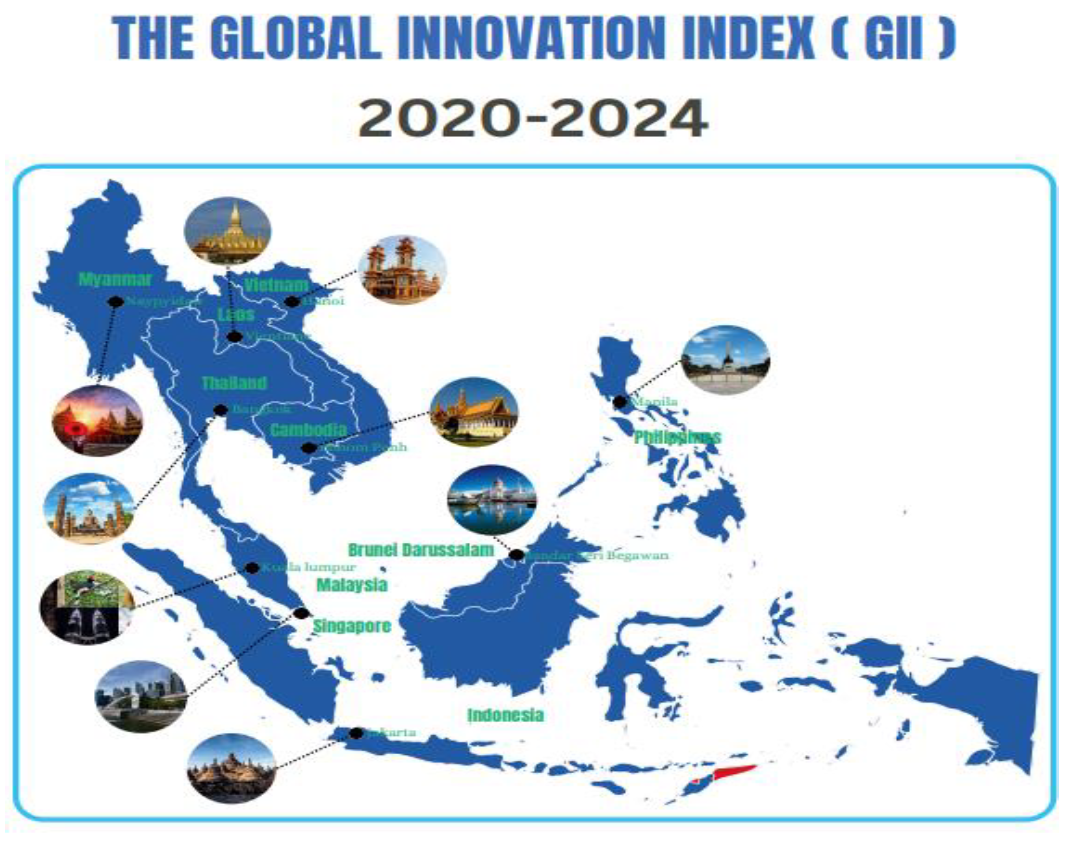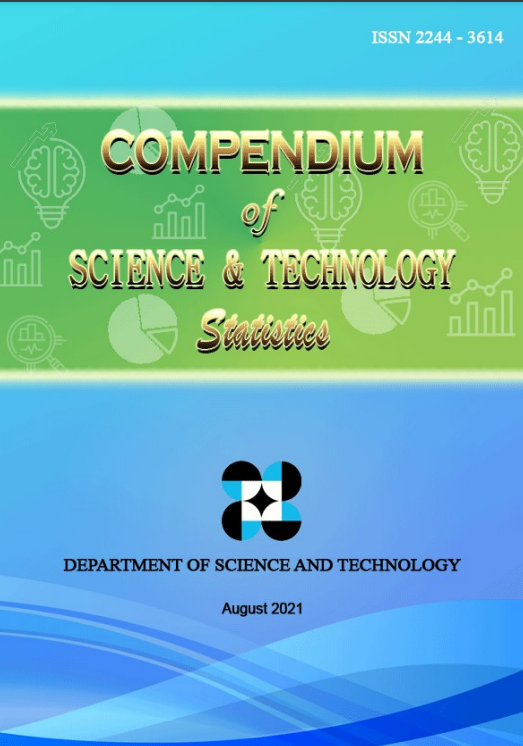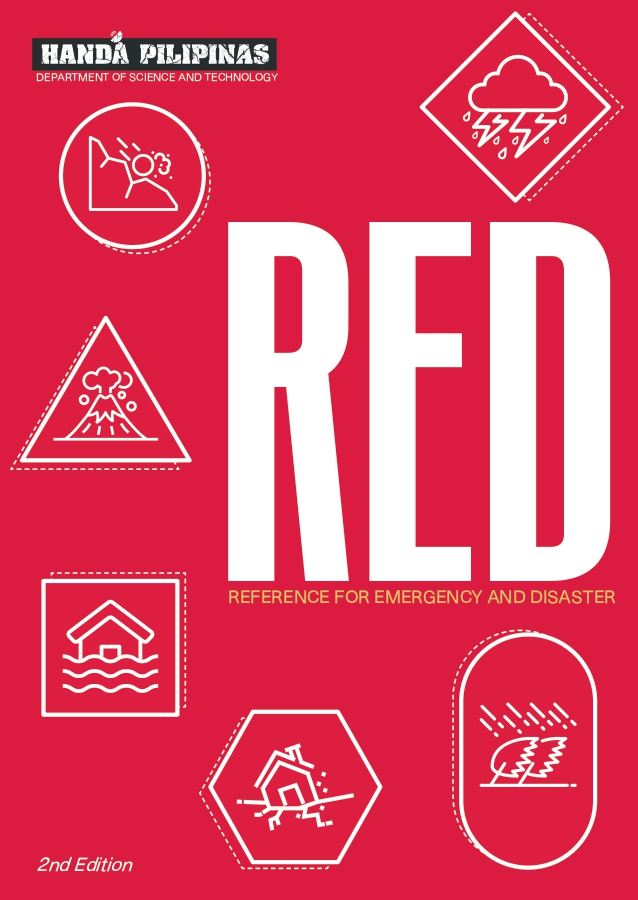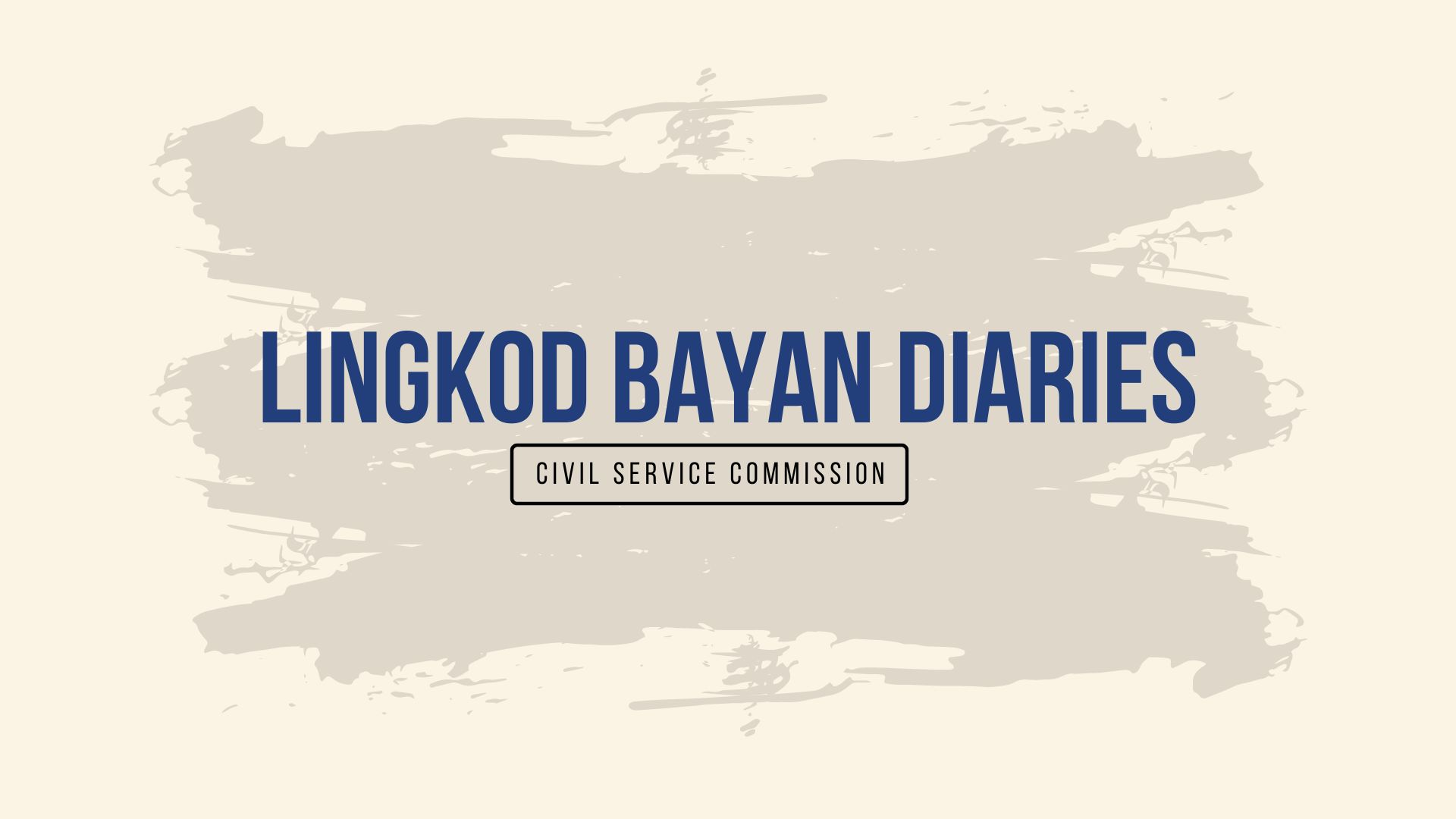DOST bats for “smart ASEAN” via ICT
- Details
- Hits: 4888

Smart agriculture, smart transport systems, smart grid program, leading to “smarter ASEAN.” Such smart initiatives, according to Secretary Mario G. Montejo of the Department of Science Technology (DOST), are not only happening in the Philippines, but also “around ASEAN in other centers of innovation.”
Sec. Montejo revealed his dream of a “smart ASEAN” as he spoke before telecommunications and information technology ministers and senior officials of ASEAN countries during the 12th ASEAN Telecommunications and Information Technology Ministers (TELMIN) Meeting held in Mactan, Cebu on November 15 and 16.
Montejo also takes over from Myanmar as TELMIN leader while DOST Undersecretary Louis Casambre of the DOST’s Information and Communications Technology Office (DOST-ICTO) chairs the assembly of ASEAN senior officials supporting the ASEAN TELMIN.
In his opening speech, Sec. Montejo hinged the concept of a “smart society” with the emerging role of ICTs in a world being increasingly defined by how people use them.
“We may be seeing an emerging shift in ICTs manifested in directions beyond mere access to the technology to its strategic use as it becomes embedded in all aspects of life,” Montejo said. “This is a shift from the so-called information society paradigm to a new one—the paradigm of a smart society.”
The DOST chief further expounded on the economics of digital devices, relating that while their cost continues to plunge, their level of sophistication increases, resulting in the pervasiveness of these modern and smart gadgets in everyday lives. This scenario brings about an abundance of real time information and data which can be analyzed and processed for faster decision-making and more efficient systems management in various industries— from agriculture, health services, and energy, to meteorology and weather, traffic management, and other governance systems. This smarter way of task performance has resulted in increased productivity, efficiency, and responsiveness in a quick and timely manner.
“Let us continue to share our experiences, learnings, and strategies that will respond to common challenges and go beyond a connected ASEAN to embody a smart ASEAN that has truly leveraged ICTs to enable the aspirations of the ASEAN people for a better future,” said Sec. Montejo.
Other highlights of the two-day conference include the signing of a Memo of Understanding between ASEAN and the International Telecommunications Union on Joint Cooperation on ICT development in ASEAN, the 1st ASEAN ICT Awards, and the signing of the Mactan–Cebu Declaration between ASEAN member states to advance ICT cooperation and integration in ASEAN, and strengthen DOST’s commitment to socio-economic development through ICT.
The ASEAN Telecommunications and ICT Ministers from the ASEAN member states and dialogue partners from China, India, Japan, Korea, the European Union, and the International Telecommunications Union discuss their respective countries in Information and Communications Technology in order to have a clearer view of the region’s progress in accordance with the ASEAN ICT Masterplan, which is looking at having an integrated ASEAN by 2015. At the same time, the delegates will also identify plans for 2013.
The Information and Communications Technology Office of the Department of Science and Technology is the Philippine government’s lead agency on ICT related matters. Its primary thrusts are in the ICT Industry Development, eGovernment, ICT policy development, Internet for all and cybersecurity. (Roy Espiritu, S&T Media Service)
DOST Balik Scientist gets nominated as Outstanding Young Person of the World
- Details
- Hits: 14709
The Department of Science and Technology’s Balik Scientist Dr. Edsel Maurice Salvana was nominated for this year’s annual Ten Outstanding Young Persons (TOYP) of the World award.
The TOYP award is an international award conferred by the Junior Chamber International (JCI), an international non-profit organization of people aged 18 to 40 who focus on creating positive change in their fields.
On its 30th anniversary, JCI opened an online voting poll where young people around the world can participate in selecting the awardees.
The 37-year old HIV expert landed on the third place in the online poll with a total vote of 2,000. The voting ended up last August 20, 2012.
Dr. Salvana is an expert in internal medicine, infectious diseases, and tropical medicine. He is currently chief fellow of the Division of Infectious Diseases and HIV Medicine of the Case Western Reserve University, and University Hospitals of Cleveland in Ohio. He left a productive career in the US last 2008 to return to the country as a DOST Balik Scientist. Having studied the HIV epidemic in Africa and the US, he was disheartened to find out that the disease was also on the rise in the Philippines.
Salvana's advocacy against HIV/AIDS had gained international recognition when he presented educational and action-oriented speeches to the United Nations and US Peace Corps. He had also received many awards, including Outstanding Young Scientist for 2010 by the National Academy of Science and Technology for his work in tropical medicine.
Originally established in 1975, DOST’s Balik Scientist Program aims to support and strengthen the scientific and technological human resources in the Philippines and reverse the effects of migration of experts by encouraging Filipino scientists and technicians to return to the country and share their expertise and promote scientific and economic development. (Allan Ace Aclan)

Dr. Edsel Salvana with Dr. Suniti Solomon, Director of YRG care who found the first HIV cases in women in India. (Photo lifted from Dr. Salvana’s album)
S&T week up at MMSU in Batac City
- Details
- Hits: 4810
Batac City, Ilocos Norte --- Ilocos folks are now in for a weeklong showcase of Ilocandia’s finest in science and technology as the Department of Science and Technology kicked off the regional celebration of the 2012 National Science and Technology Week (NSTW) July 30 at the Teatro Ilocandia of the Mariano Marcos State University in this city.
“The NSTW highlights the Filipino’s competitiveness, creativity, and ingenuity through DOST’s intervention,” Science Secretary Mario Montejo said in a speech delivered for him by Asst. Sec. Maria Lourdes Orijola.
Students and other guests, some even coming from Vigan City and other towns from nearby Ilocos Sur, eagerly viewed the exhibits of DOST agencies and partner institutions, inquiring on matters of their interest.
At the opening program, provincial administrator Atty Wendel Chua, speaking in behalf of Gov. Imee Marcos, stressed the importance of science and technology in sustainable development as observed in developed nations such as in European countries and Japan. The holding of the NSTW in Batac is then a very welcome event for Ilocos Norte, he said.
“Let us raise the flag of Ilocandia,” Atty. Chua encouraged the crowd composed mostly of locals and DOST personnel from Regions 1, 2, and CAR, the main participants in the event.
The technology forum in the afternoon featured the DOST-Food and Nutrition Research Institute’s technologies on lengthening the shelf life of brown rice and the development of complementary foods for babies 6-35 months old. Brown rice normally lasts only for six months before getting rancid because of the breakdown of its fatty acid content. With FNRI’s technology, brown rice can be made more accessible, available, and affordable to more people, thus reducing the demand for the more expensive but less nutritious well-milled white rice.
Meanwhile, complementary foods for babies are designed to provide more nutrients, particularly energy and protein, to kids just weaned from breast milk. At this age, kids are prone to malnutrition because of unhealthy food commonly fed to them.

The 2012 National Science and Technology Week at the Mariano Marcos State University in Batac, La will run July 30-August 3 featuring the latest locally developed technologies and other science and technology developments in the country. The weeklong technology fair formally opens with the ribbon cutting ceremony led by DOST Asst. Secretary for Technology Transfer Ma. Lourdes Orijola (in red, second from right) and MMSU President Miriam Pascua (in blue, third from left). Others in photo are (L-R) DOST Region 2 Director Urduja Tejada, DOST Region 1 Director Elsa Chan, Ilocos Norte Provincial Administrator Wendel Chua, DOST-Technology Application and Promotion Institute Director Edgar Garcia, DOST Mimaropa Director Josepine Abilay, DOST- Phil. Council for Industry, Energy, and Emerging Technology Research and Development Director Rowena Cristina Guevara, and Batac City Councilor Florencio Laud. (Photos by Arjay Escondo, S&T Media Service)
DOST’s enterprise upgrading program fetes pili nut company for technology adoption
- Details
- Hits: 6213
J. Emmanuel Pastries, a pili nut processing business which started out on a Php 500 capital and now a multi-million business, is the very first Best National adoptor of the Department of Science and Technology’s (DOST) Small Enterprise Technology Upgrading Program (SETUP).
SETUP is one of the priority programs of DOST that aims to boost small and medium enterprises’ (SMEs) productivity and competitiveness by assisting them in adopting technological innovations to improve their operations.
When asked about the main ingredients for their success, J. Emmanual Pastries co-owner Maria Lomibao said that these include “small capital, perseverance, faith, and DOST.”
Ms.Lomibao was very grateful of the recognition their company got on top of all the help extended by DOST. “My husband and I are overwhelmed by DOST’s generosity,” she said, as she accepted the plaque of recognition.
J. Emmanuel Pastries availed of SETUP in 2003 to acquire additional equipment for the company. One of the company’s acquisitions was the gasifier which utilized waste pili shells as fuel for the cooking. The company was able to solve the problem of accumulating waste from the pili shells and realized a 50-percent savings from its fuel consumption with the use of the gasifier, a technology developed by Industrial Technology Development Institute of DOST.
Aside from the gasifier, the company also acquired roasting machine, vacuum sealer, oven, foot sealer, extractor, evaporator, bottle sterilizer, and stainless table. In addition, the company improved its plant layout and design. Its employees also underwent training activities on Good Manufacturing Practices (GMP) and Hazard Analysis and Critical Control Point (HACCP) compliance to ensure the quality of their products.
Ms.Lomibao shared the ways in which the company benefited from the DOST program.

The sealer is acquired through DOST-SETUP.
Read more: DOST’s enterprise upgrading program fetes pili nut company for technology adoption














